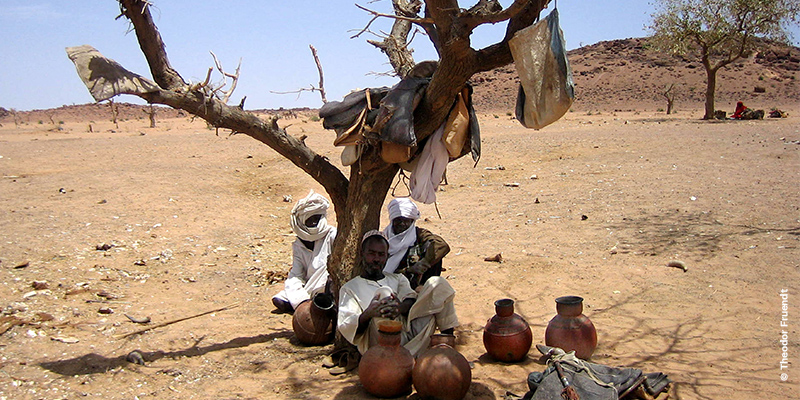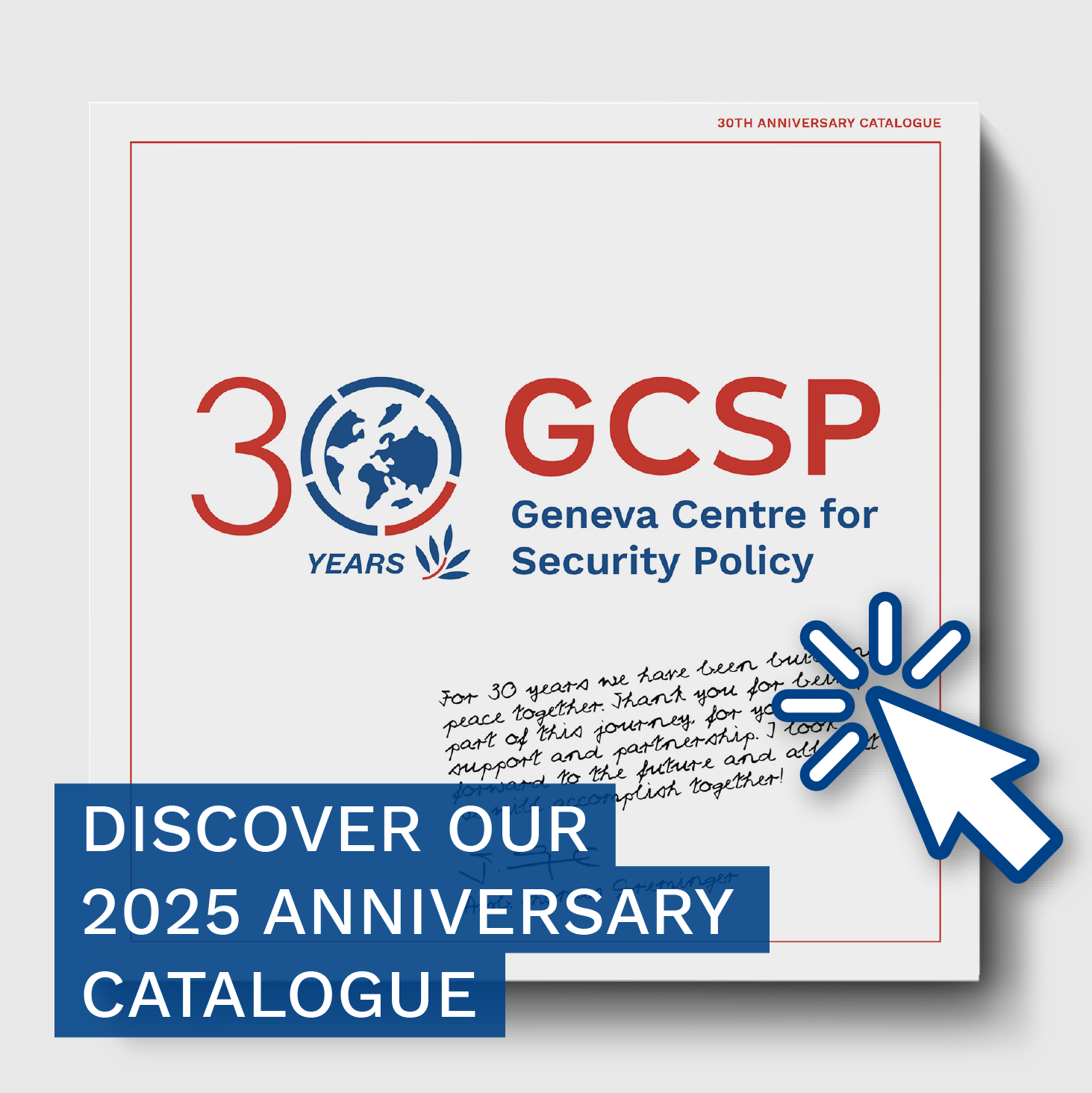Online Edition - Land, Security and Climate Summer Academy 2020
Conflicts over land have been a feature of human existence since time immemorial. Land confers livelihood, living space, territory, even national identity. Nearly all of humanity’s food needs depend on one hand-span of soil - yet an estimated 34 million tonnes of topsoil are lost to erosion every year. Land degradation, climate change, population pressure, conflict and poor governance can interact in reinforcing feedback loops, directly impacting the health and livelihoods of 1.5 billion people. On the other hand, there is growing evidence that integrating land restoration with community-based peacebuilding can create a virtuous cycle leading to both environmental and social recovery, and contributing to climate change adaptation and mitigation. The constraint to implementing this approach often lies in weak intersectoral co-operation and the need to build trust for the governance of shared natural resources.
The course, which is co-designed by the Geneva Centre for Security Policy and by Initiatives of Change, takes place online on 1 - 5 July 2020 within the framework of the 'Caux Dialogue on Environment and Security'.
The Summer Academy will not only equip professionals with an understanding of the issues, and the methodologies to deal with them, it will also forge a network of ‘land, security and climate alumni’ who can draw on each other’s strengths.
- Environment and peacebuilding nexus;
- Cooperation beyond silos;
- Analysis of land, security and climate nexus;
- Case studies from Africa and Asia;
- Access to the Caux Dialogue on Environment and Security (CDES);
- Strengthening of networks by interaction with global stakeholders and communities, by sharing knowledge among practitioners and researchers to deliver practical, timely and innovative ideas to implement and build more robust and effective practices.
- Facilitated group work using Zoom and Microsoft Teams will build state-of-the-art online dialogue and teamwork skills.
NOTE
Participants will be required to set aside 4-5 hours per day during work hours during the course period, plus a total of 4 hours' preparatory work in the week before the course.
Participants who successfully complete the course will be awarded certificates and become alumni of the GCSP
This course target audience are environment and security professionals from public and private sectors:
- civil servants
- researchers
- diplomats
- military
- private sector representatives
- community leaders
- NGOs
- International organisations
To create the global cooperation that will be required to respond to the land and security challenges of the 21st century.
Some full and some partial scholarships are available.






